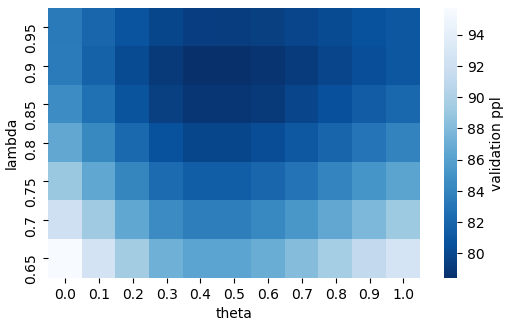Why Skip If You Can Combine: A Simple Knowledge Distillation Technique for Intermediate Layers
Yimeng Wu, Peyman Passban, Mehdi Rezagholizadeh, Qun Liu
Machine Translation and Multilinguality Short Paper

You can open the pre-recorded video in a separate window.
Abstract:
With the growth of computing power neural machine translation (NMT) models also grow accordingly and become better. However, they also become harder to deploy on edge devices due to memory constraints. To cope with this problem, a common practice is to distill knowledge from a large and accurately-trained teacher network (T) into a compact student network (S). Although knowledge distillation (KD) is useful in most cases, our study shows that existing KD techniques might not be suitable enough for deep NMT engines, so we propose a novel alternative. In our model, besides matching T and S predictions we have a combinatorial mechanism to inject layer-level supervision from T to S. In this paper, we target low-resource settings and evaluate our translation engines for Portuguese→English, Turkish→English, and English→German directions. Students trained using our technique have 50% fewer parameters and can still deliver comparable results to those of 12-layer teachers.
NOTE: Video may display a random order of authors.
Correct author list is at the top of this page.
Connected Papers in EMNLP2020
Similar Papers
Losing Heads in the Lottery: Pruning Transformer Attention in Neural Machine Translation
Maximiliana Behnke, Kenneth Heafield,

Contrastive Distillation on Intermediate Representations for Language Model Compression
Siqi Sun, Zhe Gan, Yuwei Fang, Yu Cheng, Shuohang Wang, Jingjing Liu,

Grounded Compositional Outputs for Adaptive Language Modeling
Nikolaos Pappas, Phoebe Mulcaire, Noah A. Smith,

Revisiting Modularized Multilingual NMT to Meet Industrial Demands
Sungwon Lyu, Bokyung Son, Kichang Yang, Jaekyoung Bae,
